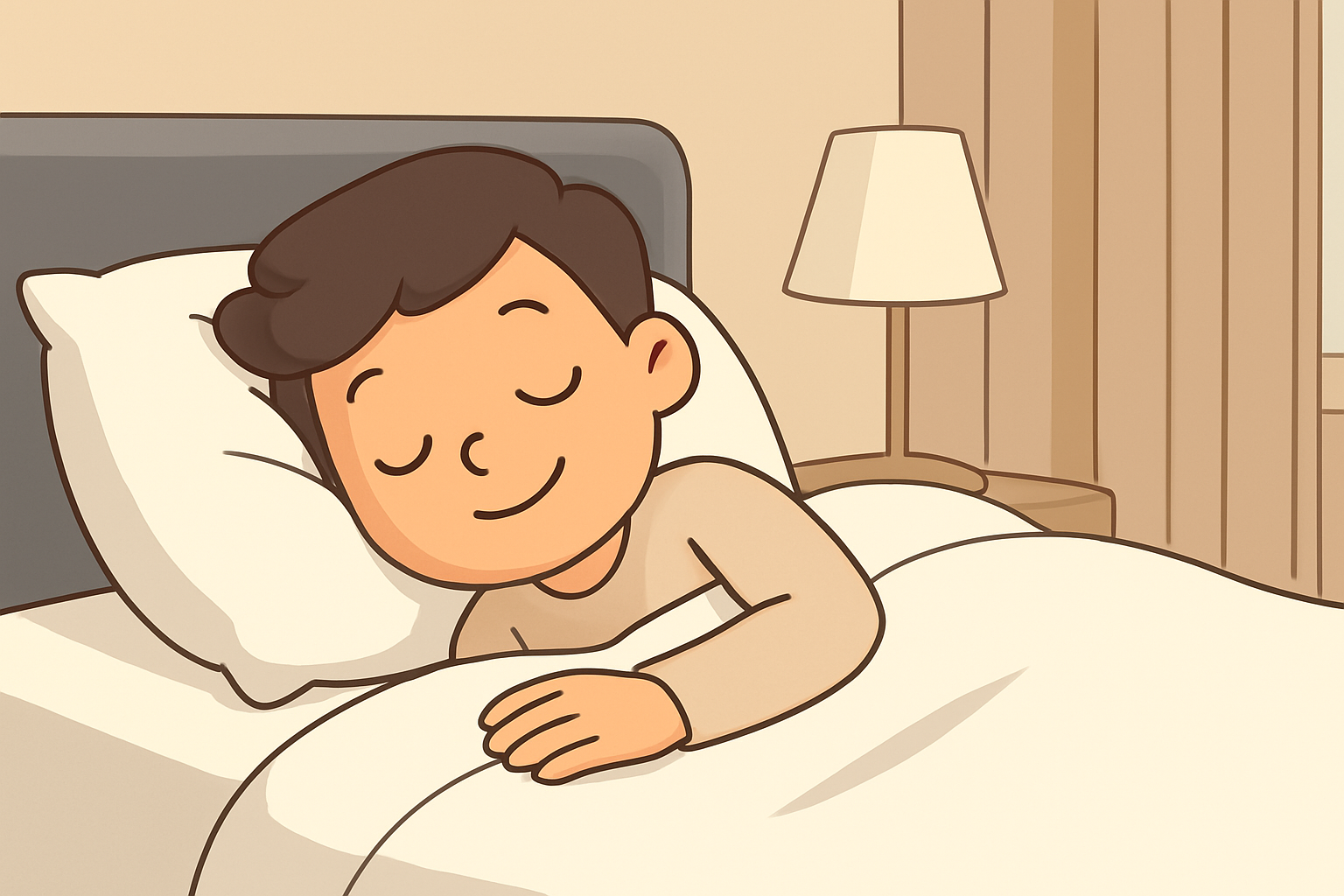Sleep is not just a luxury—it is a critical biological process that strengthens both brain and body. One of the most fascinating aspects of rest is the connection between sleep and immunity, especially its effect on immune memory. This relationship explains why people who lack sleep are more vulnerable to infections and recover more slowly.
What Is Immune Memory?
Immune memory is the body’s ability to “remember” harmful pathogens. After fighting an infection or receiving a vaccine, the immune system creates memory B cells and memory T cells. These cells recognize the same invader in the future and trigger a faster, stronger immune response.
This protective function is why vaccines work—and why sleep is essential to maintain long-term immune protection.
How Does Sleep Affect the Immune System?
Research consistently shows that sleep and the immune system are closely linked. During deep sleep (also called slow-wave sleep), the body releases cytokines—chemical messengers that help control immunity and inflammation. At this time:
- Immune cells circulate more efficiently
- Antibodies are produced more actively
- Memory T-cells communicate with antigen-presenting cells
- The body “stores” immune memory
This means sleep works much like saving data on a computer—helping your immune system learn and react faster.
So yes—does sleep affect immune system health? Absolutely.
Without enough quality sleep, the immune system cannot function at full strength.
Lack of Sleep and Immune Memory
A poor night’s sleep once in a while is normal.
But long-term sleep loss can seriously weaken immunity.
1) Weakened Antibody Production
Studies show that people who sleep fewer than 5–6 hours produce much fewer antibodies after vaccines.
This proves lack of sleep impairs immune memory.
2) Lower T-Cell Function
T-cells play an important role in fighting infections. Sleep promotes better T-cell communication, while sleep deprivation reduces their ability to activate.
3) Increased Inflammation
Lack of sleep raises inflammatory markers in the blood.
Chronic inflammation can interfere with immune memory and create a cycle of continued immune stress.
4) Slower Healing
Without proper sleep, the body takes longer to fight infections and recover from illness.
So not only does lack of sleep weaken your immune system, it also slows your body’s ability to remember and respond to threats in the future.
What Dr. Barbara O’Neill Suggests About Immunity
Dr. Barbara O’Neill frequently emphasizes lifestyle medicine for strong health. Relevant principles that support healthy sleep immunity include:
✔ Fresh air and daily sunlight improve circadian rhythm
✔ Regular physical activity helps promote deep sleep
✔ A simple, natural diet supports immune strength
✔ Herbal teas (e.g., chamomile) can calm the nervous system
✔ Rest is foundational to healing
These recommendations align with scientific evidence showing the connection between sleep, nervous system balance, and immunity.
The Bidirectional Relationship Between Sleep and Immunity
The relationship between sleep and immune system is two-way:
🠊 Poor sleep → weaker immunity
🠊 Illness → disrupted sleep
This creates a loop: the weaker you get, the harder it becomes to sleep; the less you sleep, the weaker you get.
This bidirectional relationship between sleep and immunity against infections shows why sleep is as important as nutrition and hydration.
Sleep and New Parents
Many parents ask:
How bad is sleep deprivation with a newborn?
It’s common—and it weakens immunity, mood, and overall energy.
Strategies include:
- Sleeping when the baby sleeps
- Sharing night duties
- Avoiding screens at bedtime
Even short naps can help immune recovery.
Strengthening Sleep-Related Immunity Naturally
You don’t need supplements to support sleep immune health.
Simple habits are often enough:
✔ Maintain a regular sleep schedule
✔ Reduce screen exposure before bed
✔ Eat a natural, whole-food diet
✔ Get morning sunlight
✔ Keep the sleeping area dark and cool
✔ Limit caffeine
✔ Use herbal teas at night
These practices support both sleep and immunity naturally.
Do Sleep + Immunity Gummies Work?
Many brands now sell sleep and immunity gummies claiming to help immune function.
They often contain melatonin, elderberry, echinacea, or vitamin C.
Some people find these helpful for temporary support.
However, the foundation of strong immunity is still consistent, natural sleep, not supplements.
If someone chooses sleep immune health gummies, they should use them carefully and avoid relying on them long-term.
Conclusion
The relationship between sleep and immune system is undeniable.
Poor sleep weakens immunity, reduces antibody production, and lowers immune memory—making you more vulnerable to infections and slower to recover.
Consistent, natural sleep remains the most effective and affordable way to strengthen your immune system. Practicing healthy lifestyle habits—such as exercise, fresh air, and simple nutrition—can make sleep more restorative and improve long-term immunity.
When you protect your sleep, you protect your immune memory—and your future health.



